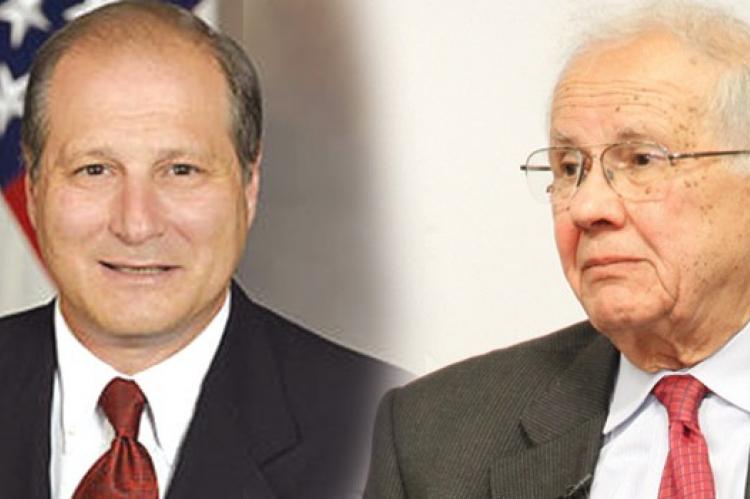Claim: Turkey forces Islamic education
Former US ambassadors to Turkey Mort Abramowitz and Eric Edelman claim Islamic education obligatory in Turkey
On 10 March 2016, Mort Abramowitz and Eric Edelman, both former US ambassadors to Turkey, published an article in the Washington Post and claimed that “tens of thousands of children, including religious minorities, have been forcibly sent to Islamic schools or subjected to mandatory Islamic religious education” in Turkey under the rule of the ruling Justice and Development Party (AK Party).1
However, religious education was not added to Turkish curriculum by the AK Party. Rather, lessons on religion were decided to be included as part of the school curriculum on 6 March 1924, almost one year after the proclamation of republican administration system2, as a right constitutional right of the Republic of Turkey. However, these lessons were limited to just one hour a week. Over the years, the content of religious lessons have been changed many times and pedagogic innovations involving teaching methods were made.
In contrast to the claim put forth by Abramowitz and Edelman, the content of religious education at Turkish schools does not only cover Islamic teachings and neglect other sects or religions. Apart from Islamic doctrines, Christianity, Judaism, Buddhism and various other religious teachings are taught to children.3
Former administrations of Turkey banned free religious education and imposed punishments for it, despite its place in the constitution. After the AK Party came to power in 2002, the freedom of religious education started to expand gradually. In 2002, the Turkish Ministry of Education released a new curriculum involving religious education as well, and three Islamic lessons were added to the normal curriculum. However, none of these lessons are obligatory.
Meanwhile, serious improvements have been made for the freedom of religious education for non-Muslim minorities in Turkey. For example, a curriculum and school book about Christianity for Christian students attending Christian schools was prepared by officials in 2012. Furthermore, the Christian-run Gokceada Rum Elementary School started to enroll students for the first time after 40 years.4



